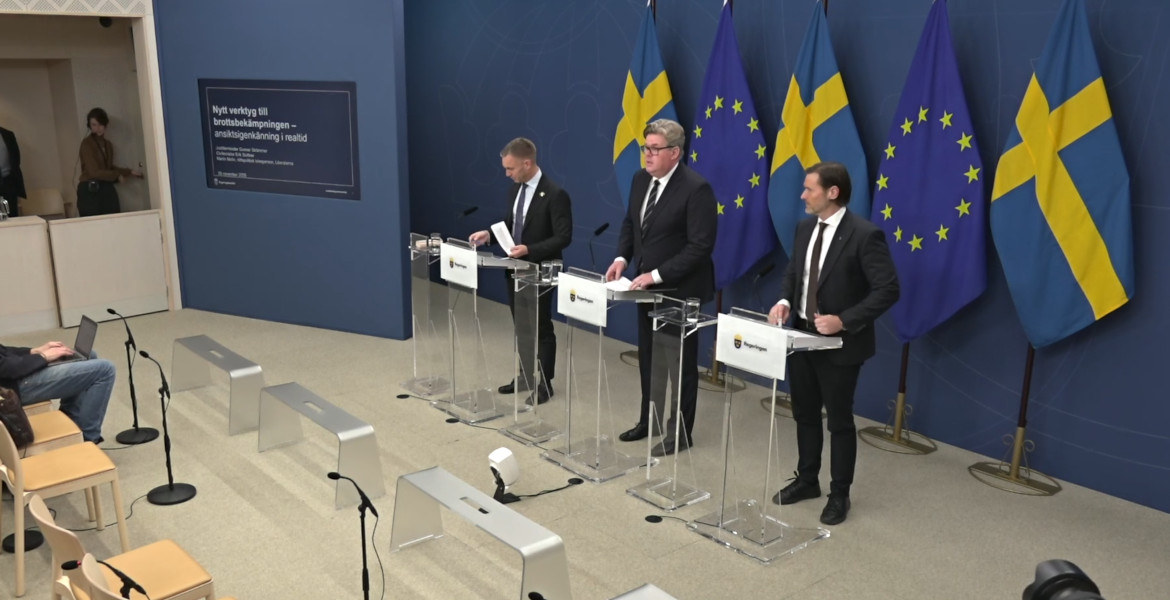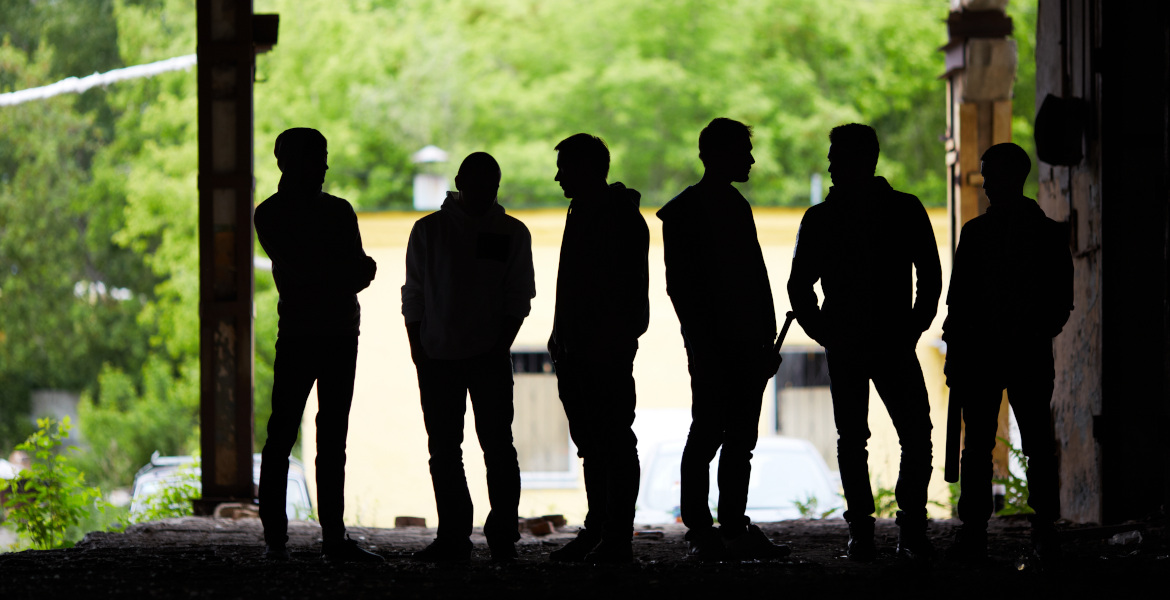The number of calls to Swedish children's rights organization BRIS increased by 24% in 2024, according to BRIS Child Report 2025. In particular, there was an increase in worried calls about eating disorders, gang crime and negative online experiences.
Calls to BRIS are increasing every year. In 2023, the number rose by 16%, and in 2024, the organization received 64,004 supportive calls – an increase of 24%. The most common reasons for children to seek help are mental health problems, family conflicts and violence.
The report shows that children's use of digital tools continues to increase, and with it, conversations about online vulnerability. Today, BRIS sees problems linked to children's media use that did not exist five years ago. These often involve frightening video clips, as well as harassment and abuse.
– It is clear to us that digital platforms need to take more responsibility to ensure a safe environment for children. Children should not see clips of fatal shootings, be recruited to commit violent crimes, be subjected to abuse or be fed unhealthy ideals, says Magnus Jägerskog, Secretary General of BRIS in a press release.
Eating disorders and gang crime more common
Calls about eating disorders have increased by 395% since 2016, with a particularly large increase during the restrictions motivated by COVID-19. In 2024, BRIS received 3,804 calls about eating disorders – over ten per day.
Contacts about gang crime have also increased significantly over the past two years, a topic that was previously unusual for BRIS. In 2024, the organization received 919 calls about crime, half of which were about gang-related situations. The most common reason children sought support was that they themselves were involved and wanted help to get out.
– While many children express a desire to get away from what they are stuck in and be themselves again, we also see how they describe clear obstacles to actually being able to get out, says Jägerskog.





